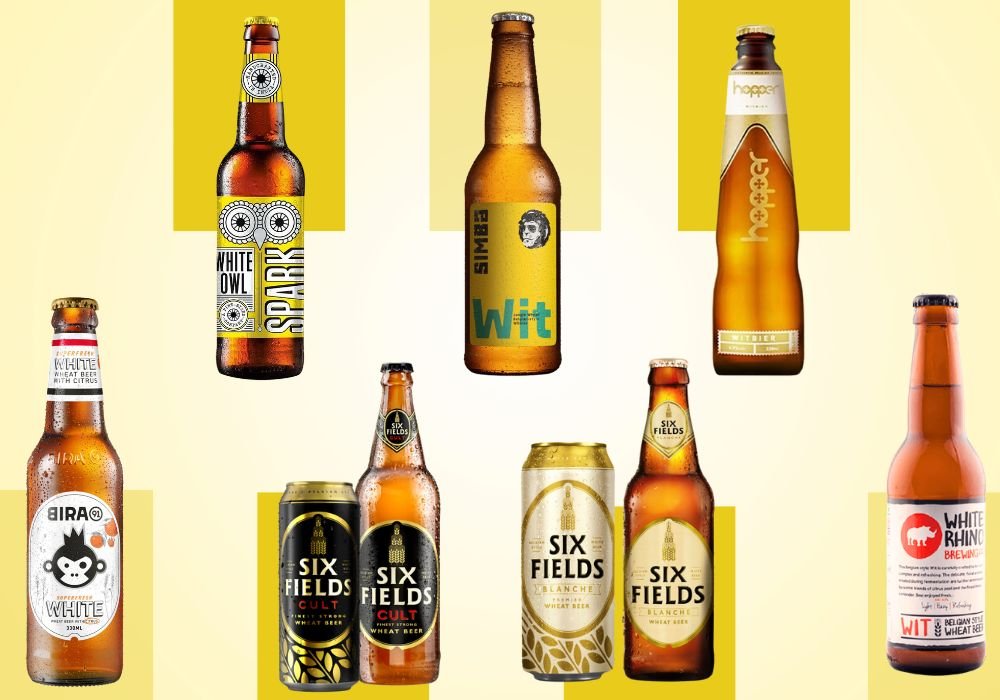Sometimes, Beer loves us back too

Thomas Jefferson said “Beer, if drank with moderation, softens the temper, cheers the spirit, and promotes health.” Beer since the ancient times has been brewed for countless number of health reasons. During the Mesopotamian era, beer was brewed with the idea of sustenance. In early England, children consumed beer because it was safer than water. It’s safe to say that beer in all its golden glory can be termed as a multi-functional beverage. The consumption of beer can be beneficial to you, long as it’s in moderation.
HEALTH BENEFITS OF BEER
- A flavonoid compound called Xanthohumol is found in the hops used in brewing beer. It plays a major role in the chemoprevention of cancer, including prostate cancer. It is also a good source of polyphenols, due to the grains used for fermentation
- A study of 80,000 adults conducted by the Pennsylvania State University found a pint or two a day could help reduce the risk of having a stroke or developing cardiovascular disease
- A therosclerosis is when the artery walls become furred-up with cholesterol and other fatty substances – is known to cause heart problems. Dr Joe Vinson, a professor of chemistry and lead author on a 2000 study, revealed that beer can cut the risk of this disease by as much as half
- I schaemic strokes are the most common type of stroke, they occur when a blood clot blocks the flow of blood and oxygen to the brain. A study by both Harvard Medical School and the American Stroke Association have shown that people who drink moderate amounts of beer can cut their risk of strokes by up to a 50pc, compared to non-drinkers. When you drink beer, your arteries become flexible and blood flow improves significantly
- B eer contains elevated levels of silicon, an element that promotes bone growth. However, one will have to get the balance right. whilst one or two glasses of beer a day could significantly reduce your risk of fracturing bones, more than that would raise the risk of breakages
- The average beer has about 12 grams of carbs per 12-ounce serving. Beer is low in calories, low in carbohydrates and has no fat or contribute to cholesterol. Beer doesn’t need preservatives because it has alcohol and hops, both of which are natural preservatives
- Beer is a good source of vitamin B12 and folic acid, a deficiency of which may lead to anemia. Vitamin B12 is also essential for maintaining normal growth, good memory and concentration
- Beer is a source of soluble fibers that promote general health. This includes being good for the heart, as well as helping to clean out the digestive tracts



